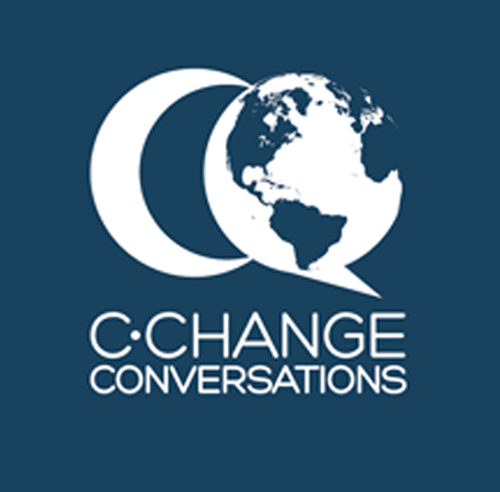By Kathleen Biggins
The emerging collaboration between climate and health communities is critically important. Last week at COP28, more than 120 countries signed an agreement recognizing that climate change is a direct threat to our health, and the UAE and organizations around the world pledged millions to strengthen health systems and mitigate risks.
Despite being widespread and significant, climate change’s impact on health – and the health industry’s impact on climate change – has seldom been talked about, even within the medical community. That’s why C-Change Conversations developed our Climate and Health Primer in 2019: to connect the dots on how climate change directly and adversely impacts so many of the things we depend on to stay safe and healthy.
We were an early voice. Today there is a rapidly growing number of health professional organizations active in educating other doctors, administrators, and patients about the risks and lobbying for action.
Climate change harms our health in many “obvious” ways. It threatens crops and livestock, water availability, and air quality. It increases our exposure to disease and decreases our ability to be safe within our homes and communities as extreme heat, excessive precipitation, revved-up hurricanes, hail, windstorms, wildfires, and other natural disasters become more frequent and more intense. It leads to increased asthma and allergies, lung and heart disease, maternal deaths and premature births, more suicides and crime, and appears to weaken our immune systems.
Another area that is critically important is the spread of vector diseases from pests like fleas, ticks, and mosquitoes. At COP28, I met with the health minister of Zimbabwe, who explained how his country is struggling to corral malaria as it spreads into new regions. Concerningly, malaria – which was eradicated from the United States in the mid-1900s – is expected to threaten our coastal states again in the coming decades.
But there are more insidious, less-overt impacts. When communications, transportation, and power outages occur, our healthcare system is harmed. Not only do patients – and medical professionals – struggle to reach facilities for critical care, if they do, the staff, facilities, and supplies are likely compromised. As an example, after Hurricane Maria hit, hospitals across the country were unable to source enough IV bags because so much of the supply was manufactured in hurricane-ravaged Puerto Rico.
There are smart things our healthcare system can do to prepare and be more resilient, but like almost every other area of climate change action, it costs money and challenges our “business as usual” approaches. In the health arena this includes mandating more supply chain redundancy, establishing more early warning systems to get populations to safety and to have time to get staff and supplies ready, and hardening hospital infrastructure – including raising generators and outlets, providing more backup energy and water sources – and stockpiling more supplies. It also includes lowering the sector’s own carbon footprint, which contributes about 5% of global emissions each year.
Medical professionals also have a unique relationship with their patients. In the United States, they are one of the most “trusted messengers” among conservatives, so they are extremely well positioned to explain climate risks to their patients.
The dangers to our healthcare system affect us all, but they will be far more devastating in the poorest parts of our country and the world. That was an underlying theme of the COP28 “health” day: the poorest areas are the ones most vulnerable to climate change. Ironically, the people who live there are also the ones who generate the least amount of greenhouse gases.
So that COP28 agreement to pump funding into these areas to mitigate climate risks is particularly important. Poorer countries and regions simply don’t have the money to protect their populations from the impacts of climate change. As the health minister of Pakistan said bluntly: “We are bearing the brunt of sins we did not commit.”
At the end of the day, we bear an enormous responsibility to those countries, to our neighbors, to our children to take action. As we have been saying for years now, climate change is not just an environmental challenge – it is, as stated by World Health Organization Director-General Tedros Adhanom Ghebreyesus, “The single biggest health threat to humanity.”


